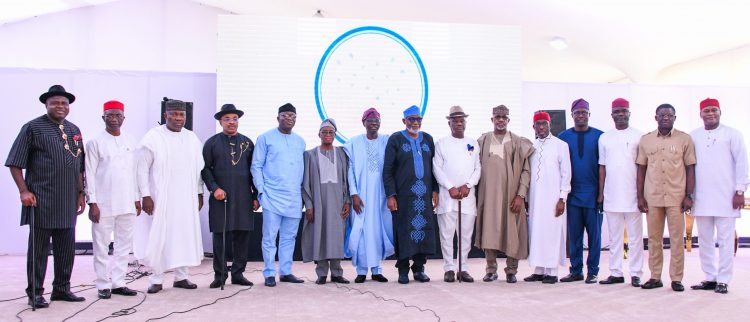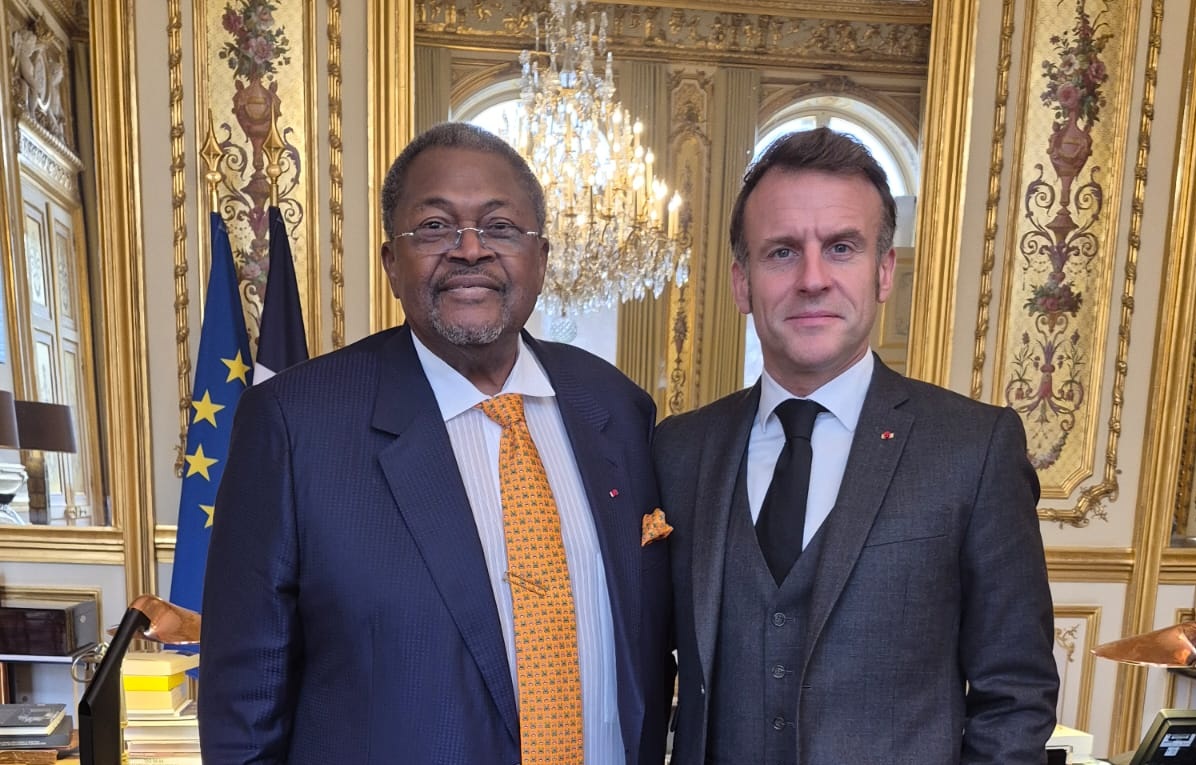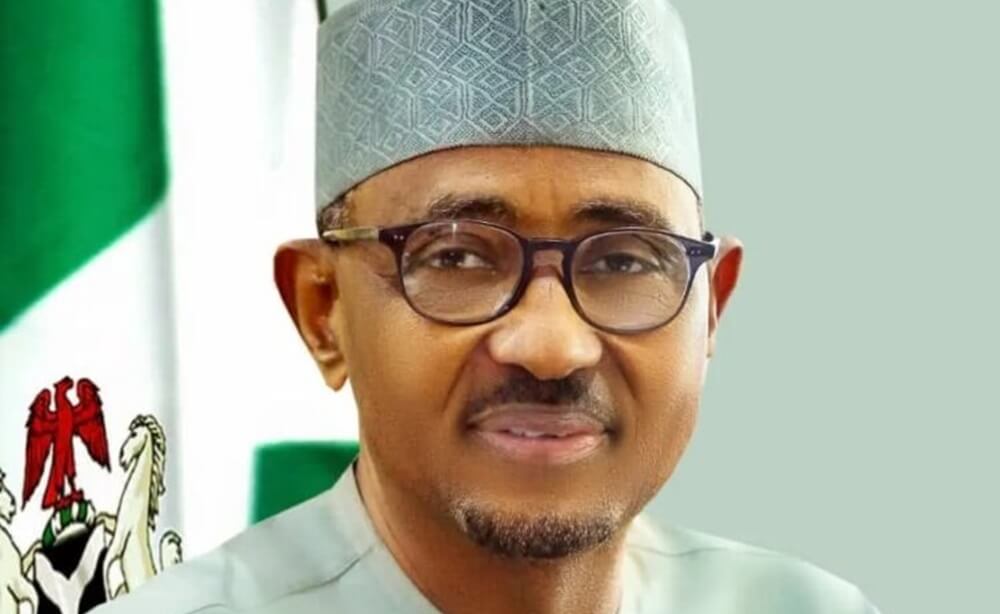By Eric Elezuo
It is no longer news that the two major political parties in Nigeria; the ruling All Progressives Congress (APC) and the opposition Peoples Democratic Party (PDP) have concluded plans to throw open to all comers their presidential ticket, jettisoning the much preferred and sustained zoning system.
While the opposition PDP has made it clear that every aspirant is free to contest for the party’s ticket, the APC is still using body language to express its decision. Many observers believe that theirs won’t be any different considering that aspirants across the geopolitical regions have signified their interest to run, and went ahead to purchased both the expression of interest and nomination forms without any form of hindrance or dissuasion from party hierarchy.
It must be recalled however, that over the months, politicians of southern extraction, especially governors from the region, have unanimously expressed their concern over who becomes the president of Nigeria come 2023, saying unequivocally that it must be a southerner, hinting that it would not be in the interest of the survival of Nigeria as a nation if another northerner succeeds President Muhammadu Buhari.
At two separate conferences held in Asaba and Lagos in 2021, the 17 southern governors unanimously agreed that power must move to the south in 2023 in the spirit of equity since the outgoing president, Buhari, is a northerner, who will serving out his complete eight years by May 29, 2022.
In the light of the situation, two serving governors of northern extraction, Governor Abdullahi Ganduje of Kano State, and his Borno State counterpart, Babagana Umara Zulum, have publicly lent their weights behind the country producing a southern president in 2023 with Zulum stressing that “the presidency should go to the South in 2023 because the unity of our country is very important” on more than one occasion
As a result of the governors’ resolution, many politicians of southern extraction have thrown their hats in the ring with impetus, hoping for the materialisation of the covenanted convention. It is believed that it is such mandate that emboldened the likes of Governor Nyesom Wike of Rivers and former governor Donald Duke of Cross River State to join the fray. Some others of southern origin who has joined the race across the two political parties or are noted to show signs of joining the fray are the Vice President, Prof. Yemi Osinbajo; APC National Leader, Asiwaju Bola Ahmed Tinubu; Ekiti State Governor, and Chairman, Nigeria Governors’ Forum (NGF), Dr. Kayode Fayemi; former Ogun State governor, Senator Ibikunle Amosun; Minister of Transport, Rotimi Chibuike Amaechi, who made his much awaited declaration this Saturday and Ebonyi State governor, Dave Umahi. All from the ruling APC.
From the PDP however, are former chairman, Pfizer Nigeria Ltd. Mazi Sam Ohuabunwa; former governor of Anambra State, Mr. Peter Obi; former deputy governor of Central Bank of Nigeria (CBN), Prof. Kingsley Moghalu; Minister of Science and Technology, Dr. Ogbonna Onu; former governor of Abia State, Dr. Orji Uzo Kalu; former Ebonyi State Governor, Anyim Pius Anyim, and veteran journalist and Chairman Ovation Media Group, Aare Dele Momodu.
However, much to the displeasure of the southern aspirants and the south as a whole, many political figures from the north rejected the call for southern president in 2023, and by inference, zoning by joining the race, even as the political parties danced to their tunes by throwing the contest open. These politicians include Governor of Kogi State, Yahaya Bello of Kogi State from the APC and others from the PDP including former Vice President, Alhaji Atiku Anubakar, former Senate President, Dr. Bukola Saraki, Governor of Sokoto State, and Alhaji Aminu Tambuwal. In addition, The Boss learnt that some key northern political figures have been strategising to ensure that the presidency remains in the north even as Buhari would have completed his eight years tenure in 2023.
But most political stakeholders have expressed untold fear of what may likely befell the nation if power fails to move south in 2023 including a sustained disunity, distrust and ethno-inclination that have characterised the body polity of the nation, especially in the last seven years that Buhari has held sway.
Observers have also noted that more secession agitations are likely to intensify, dwarfing what must have been the positions of Mazi Nnamdi Kanu led Indigenous Peoples of Biafra (IPOB) and Sunday Igboho’s Yoruba Nation if power fails to move to the south in 2023.
A northern president in 2023, it has been reasoned will somersault the political equilibrium of the totally diversed nation like Nigeria where power is shared among the fragmented parts – in other words the six geo-political zones, and in a more compressed form, the north and the south.
The inability of power to move south in 2023 may also call the question the much respected quota and federal character systems, which the country has practiced over the years to create a form of equity and equality. Here, the south has mortgaged its best brains to accommodate its educationally backward north. It is worthy of note that a child from Anambra State, who score 134/200 can be denied admission into any of the Unity Schools in preference of his counterpart from Jigawa, Kebbi, Sokoto or Borno state who scored a paltry 10.
An analyst told The Boss that “if the north feels that zoning cannot be used to share power among the north and south, then it should be prepared to toe the line of the survival of the fittest in the education sector where the quota system would be done away with. The same should be the case with the civil service where the federal character convention is also expected to dumped into the thrash can of history.”
But in a show of solidarity, some northern groups such as the Plateau Liberation Movement (PLM), have said that the South East should be allowed to produce the president in 2023 in order to sustain the indivisibility of the nation.
Most stakeholders have also argued that for the south to wrest power, they must show solidarity from within, and from there extend to the other region. To this end, a former National Chairman of the United Progressives Party (UPP), Chief Chekwas Okorie, maintains that southern governors, and by extention, southern politicians can achieve power shift by capitalising on the general mood of the nation and taking their resolve away from their various political parties.
To this end, the some south east presidential aspirants from the PDP have taken the bull by the horn to pull their resources together, and forge a common ground to demand that the party’s presidential ticket for 2023 be zoned to their area.
The aspirants who attended the meeting in Abuja on Saturday were Senator Anyim Pius Anyim, Mr Peter Obi, Mazi Sam Ohuabunwa and Dr Nwachukwu Anakwenze.
“We have agreed to work together as a team and that we will work together to ensure that a South Easterner emerges as PDP flag bearer. We intend to consult with other zones on this issue and it is based on fairness and equity.
“In doing so, it is important to note that we have always supported other zones and we now expect them to reciprocate.
“It is to our knowledge that more aspirants may have obtained forms under PDP and we hope they will join us later,” Anyim, who read the communique said
A source, who craved anonymity confided in The Boss that clandestine meetings are continually held in the North between some key members of the Buhari-led government and some prominent politicians of northern extraction, a situation the south has said would have a boomerang repercussion in the long run.
The quest of the North to retain power in 2023, according to source is not only residing with the APC as the Buhari administration is said to be making all plans to look elsewhere even among the opposition PDP. The bottomline is that power must remain in the north.
But with major groups in the south including Ohanaeze Ndi’gbo, Afenifere, and the Pan Niger Delta Forum (PANDEF) rooting for a shift in power to the south, it is a believed that a cataclysmic repercussion in the offing for Nigeria should the north made good its threat to curry power back to the north.
Time will surely tell.

 Featured6 days ago
Featured6 days ago
 Opinion6 days ago
Opinion6 days ago
 Headline5 days ago
Headline5 days ago
 Headline4 days ago
Headline4 days ago
 Voice of Emancipation4 days ago
Voice of Emancipation4 days ago
 News4 days ago
News4 days ago
 National3 days ago
National3 days ago
 Headline2 days ago
Headline2 days ago













